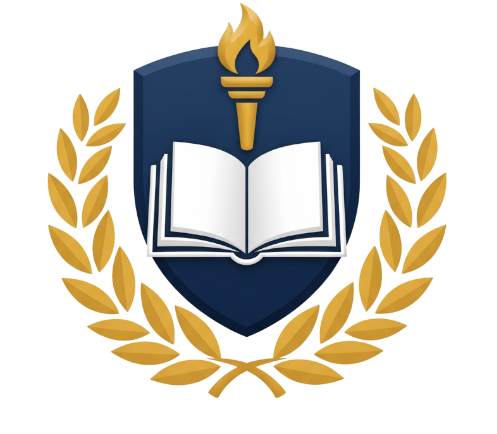Papers Publication
All accepted and presented papers will undergo rigorous peer review and will be published in Springer Proceedings in Physics.

All submitted papers will undergo a double-blind peer-review process by at least two independent reviewers.
Acceptance will be based on quality, originality, and relevance to the conference themes.
Only accepted and presented papers will be included in the Springer Proceedings in Physics.
Authors are invited to submit original, unpublished research papers not exceeding 10–12 pages. Manuscripts must be formatted according to the Springer Proceedings in Physics (SPP) template available below:
Upon acceptance, authors will be required to sign the Springer License to Publish Agreement.
The copyright of the paper will remain with Springer Nature.
The publisher reserves the right to exclude papers that do not meet its scientific and ethical standards.
For a paper to be included in the Springer Proceeding in Physics (SPP),
at least one author must register and present the paper at the conference.
Papers not presented will be excluded from the final Springer volume.
